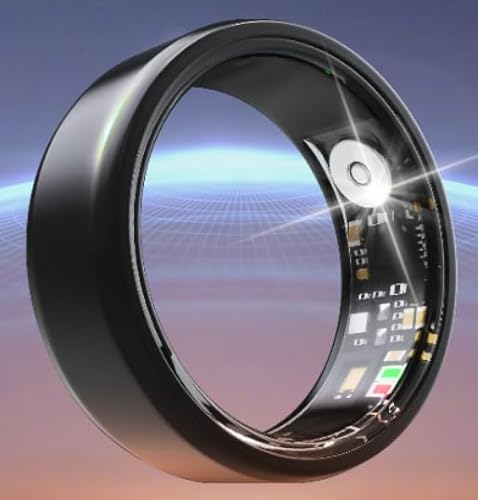chuck barton
Member
I wonder if anyone else has had a similar experience. Due to an extreme heart murmur, my PCP sent me for an echo and they calculated an 80mg gradient. So I was referred to a surgeon who wanted to replace the valve as soon as possible, as he said 40 was the point where an AVR would be indicated. So I went for the cath today, with the intention of going back to the surgeon to arrange the surgery. The cath measured 30, with only moderate stenosis, and the AVR would be contraindicated. I will return to the cardiologist and surgeon to discuss this but wondered if anyone had, or heard of something similar.
Prior to the diagnosis I was moderately active. I run an hour on a treadmill at 5mph, or lift weights or swim every day. BP was normal and lipids are very low. Still I have the strong murmur so I will have to be sure whether to go with surgery or not.
Prior to the diagnosis I was moderately active. I run an hour on a treadmill at 5mph, or lift weights or swim every day. BP was normal and lipids are very low. Still I have the strong murmur so I will have to be sure whether to go with surgery or not.






















